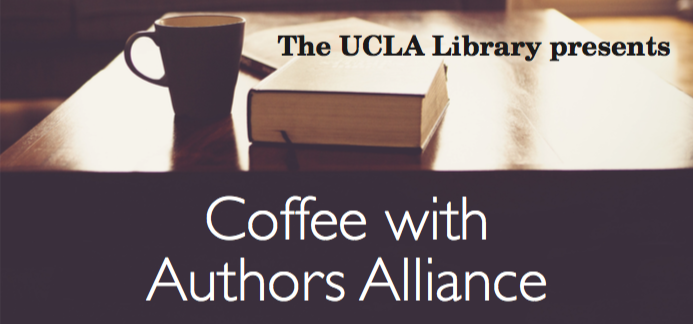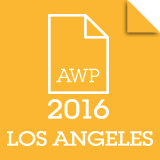A version of the following letter by Authors Alliance co-founder Pamela Samuelson ran in the Wall Street Journal on February 13 in response to an earlier opinion piece published by the Authors Guild. In the full-length editorial below, Samuelson takes issue with the claim that Google Book Search undermines fair use and hurts authors. Many of our members and allies are familiar with the ongoing litigation between the Authors Guild and Google. We at Authors Alliance filed an amicus brief in support of the fair use defense, and have been closely following the case. Thus far, rulings have favored Google, and the Authors Guild is currently petitioning the Supreme Court to review the case. (The Court’s decision on whether or not to grant certiorari is expected this spring.) In light of this, strong voices in support of fair use and the public good need more than ever to be heard.
In a recent op-ed published in the Wall Street Journal, entitled “How Google Stole the Work of Millions of Authors,” Roxana Robinson, President of the Authors Guild, charged Google with stealing the works of millions of authors because Google digitized books from research library collections, indexed their contents, and served up a few snippets per book in response to user search queries.
I beg to differ. Google Book Search is a boon for both readers and authors.
Book Search consists overwhelmingly of non-fiction books, dense with knowledge, scanned from university research library collections. They were mostly written by academic authors in the hope and expectation that the books would be read by others and contribute to the ongoing progress of knowledge creation and dissemination. Their authors want the books to be discoverable.
Conventional research library catalogs can help some prospective readers to find some books, but they provide only limited information about the books in the libraries’ collections and fall short of ensuring the long-term intellectual legacies of the books’ authors. Full-text search databases such as Google Book Search do considerably more to stave off scholarly oblivion. These services offer authors new hope that their books will find readers and will contribute to scholarly discourse that will promote the ongoing progress of knowledge. Even those who lack physical access to research library collections can find out that books exist that they might want to buy or borrow. This is consistent with the constitutional purpose of copyright law.
Perhaps some best-selling Authors Guild members do not need full-text search tools to reach their audiences. But the Guild’s position does not represent the interests of all authors. Many professional writers, as well as academic authors, are likely to benefit from full-text search tools such as Book Search. Indeed, an empirical study of the views of 880 professional writers, introduced in evidence in the Google Books case, reported that well over half of authors surveyed affirmatively approved of Book Search snippets, almost half thought that Book Search snippets would help sales of their books, and only a tiny minority (four percent) thought that Book Search snippets would be harmful.
Despite the many benefits that Book Search provides for authors and readers, the Authors Guild and a small number of its members have been seeking a windfall award of $3 billion in statutory damages for the copying of scholarly books from research library collections in which very few of the Guild’s members actually own copyright interests. The Guild is also seeking injunctive relief to remove Book Search from the Internet, a sweeping remedy that would harm the interests of authors who want readers to find their books.
In ruling against the Authors Guild, the Second Circuit concluded that Google Books “augments public knowledge by making available information about plaintiffs’ books without providing the public with a substantial substitute for matter protected by the plaintiffs’ copyright interests.” The information that Google makes instantaneously available about relevant books “would otherwise not be obtainable in lifetimes of searching.”
This fair use ruling should stand. It serves the interests not only of readers, but also of authors who want their works to be discovered during their lifetimes and beyond.
Read the letter in the Wall Street Journal.
 image by Henning Witzel | CC0
image by Henning Witzel | CC0 



